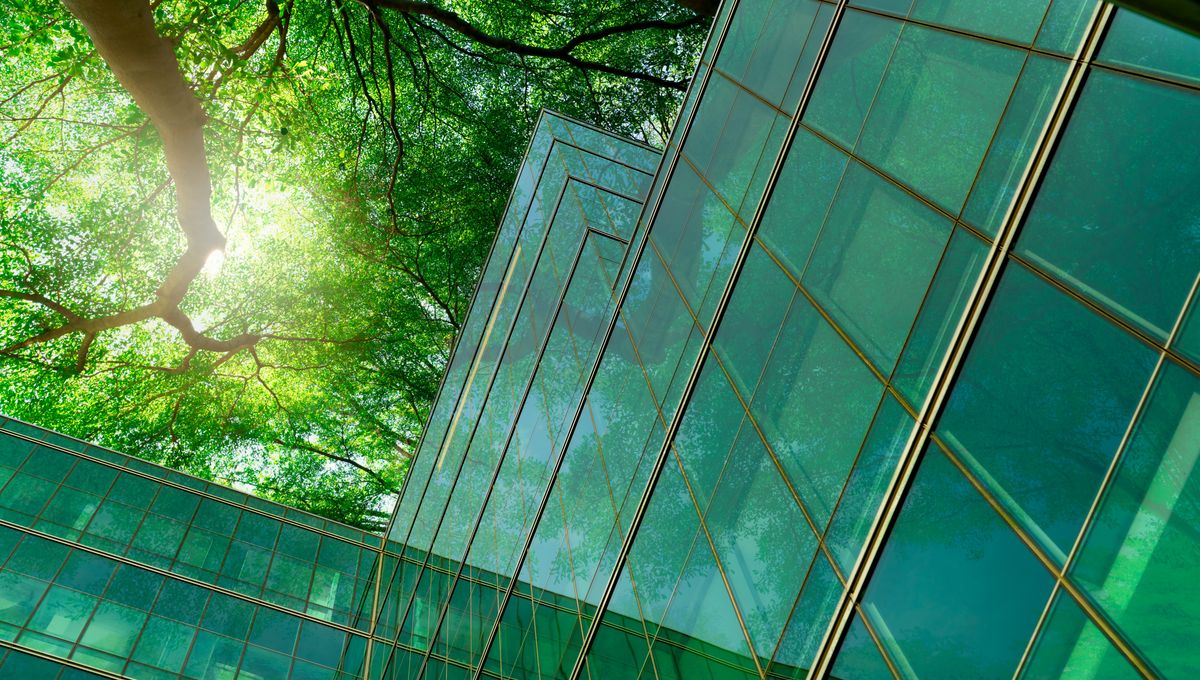
Planting trees has been a staple in urban landscaping for decades, valued for its aesthetic appeal and ability to improve air quality. However, recent research highlights that the location and species of trees are crucial in mitigating urban heat stress.
Over the last few decades, temperatures have been rising in cities around the world. Each summer seems to bring another “record-breaking global temperature”, which has unfortunately become the norm.
This poses significant challenges, as urban heat stress can lead to issues such as increased energy consumption for cooling buildings, damage to urban infrastructure, heat-related social inequalities, illnesses, and even fatalities.
To lower this urban heat stress, some city planners have been using trees as part of nature-based solutions. Trees tend to cool cities in three ways during the day:
- Blocking solar radiation
- Evaporation of water via pores in the leaves
- Altering airflow via foliage aerodynamics
At night it is another story, where the tree canopies can trap the heat from the ground surface, which can contribute to heat issues.
A new study (analyzing 182 studies published between 2010 and 2023) reveals that effective cooling requires more than randomly planting trees – it depends on the strategic selection of both location and species.
“Our study busts the myth that trees are the ultimate panacea for overheating cities across the globe,” said Dr Ronita Bardhan, Associate Professor of Sustainable Built Environment at the University of Cambridge’s Department of Architecture, and senior author of the paper, explained in a statement.
“Trees have a crucial role to play in cooling cities down but we need to plant them much more strategically to maximise the benefits which they can provide.”
What did the study reveal?
The study revealed that urban trees can reduce air temperatures at street level by as much as 12°C (21.6°F). Additionally, they help reduce the peak monthly temperatures in 83 percent of the cities studied to below 26°C (78.8°F). However, the effectiveness of these cooling benefits varies depending on tree species traits, climate conditions, and urban layouts.
The climate of a city can greatly affect the urban trees’ effectiveness. The study suggests that the best daytime cooling occurred in hot and dry climates and in open areas. So, in a tropical wet and dry or savanna type of climate (like Nigeria), trees can cool cities by up to 12°C (21.6°F) in the daytime – but at night, they warm them by up to 0.8°C (1.44°F).
On the other side of the spectrum, there are the tropical rainforest climates that have a higher humidity. The cooling effect here was much lower at 2°C (3.6°F) and the heating effect was still 0.8°C (1.44°F).
What can urban planners do?
“Our study provides context-specific greening guidelines for urban planners to more effectively harness tree cooling in the face of global warming,” Dr Bardhan said.
“Our results emphasize that urban planners not only need to give cities more green spaces, they need to plant the right mix of trees in optimal positions to maximize cooling benefits.”
A mix of evergreen and deciduous trees was found to yield better results in temperate and continental climates. When selecting trees, it’s important to focus on choosing species that will thrive under warming conditions.
The researchers have even created an interactive map and database, so people can estimate the efficacy of cooling strategies based on data from other cities with similar urban structures and climates.
The study is published in Communications Earth & Environment.
Source Link: Not All Trees Are Equal When It Comes To Beating The City Heat